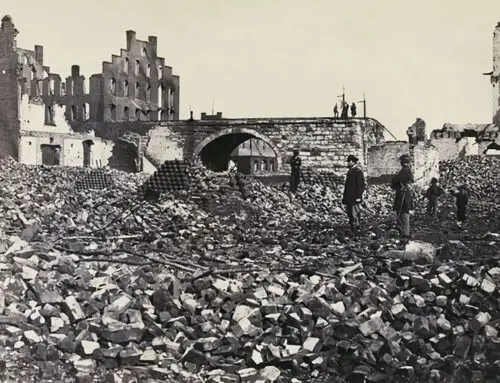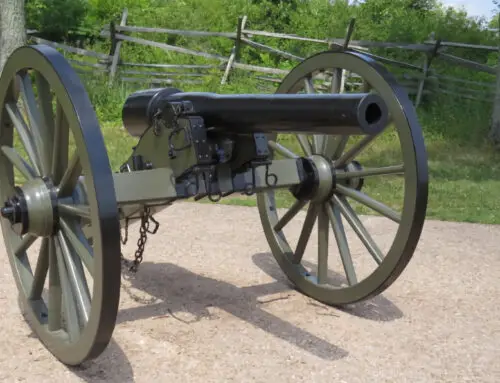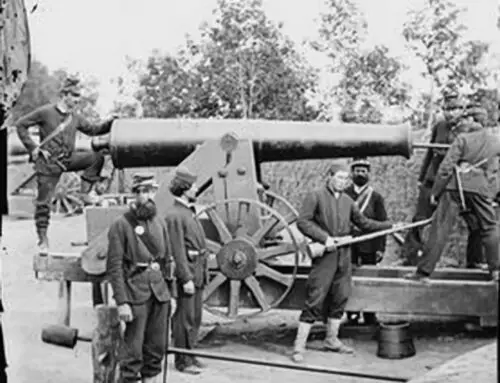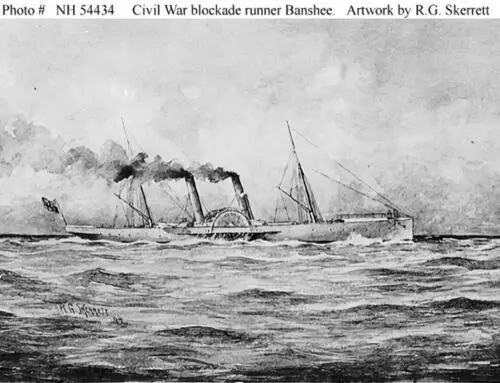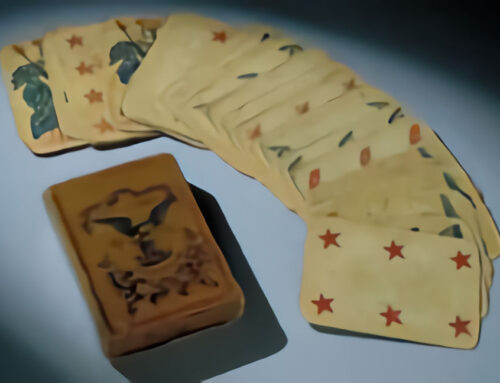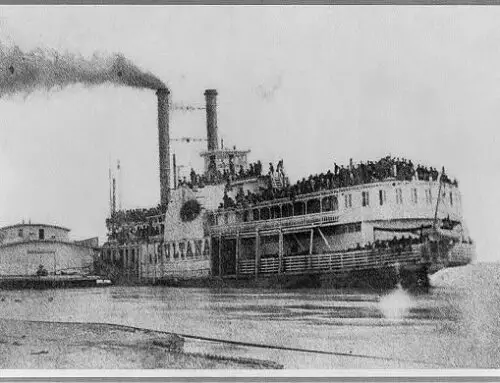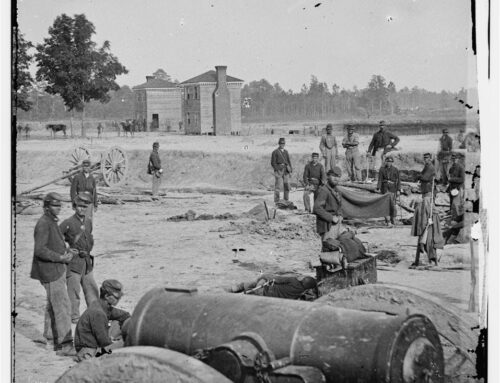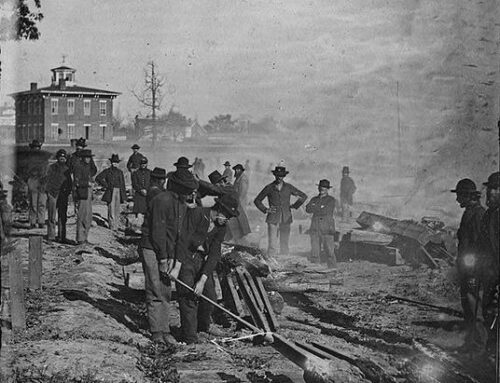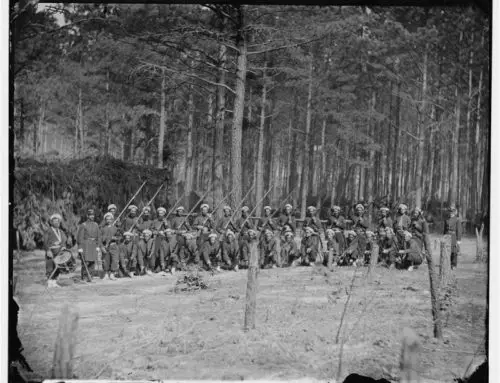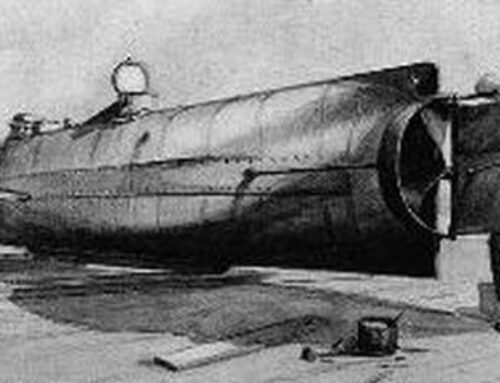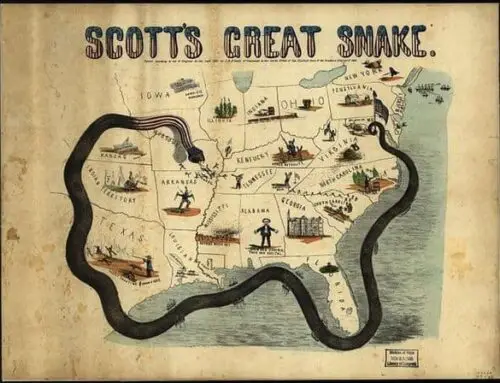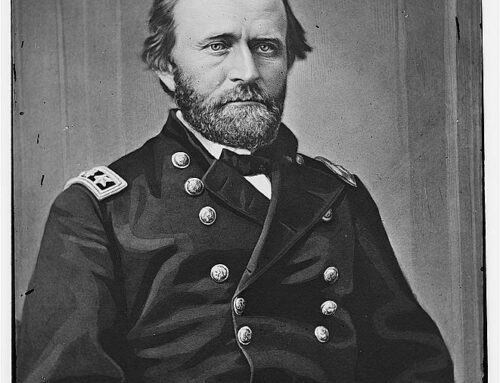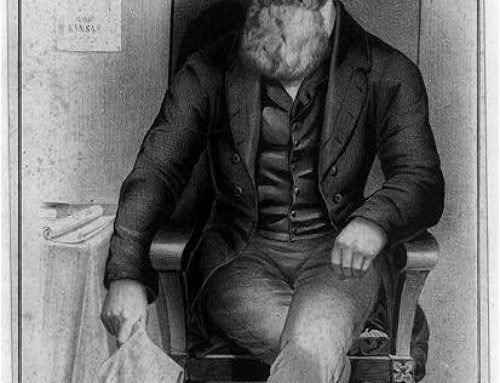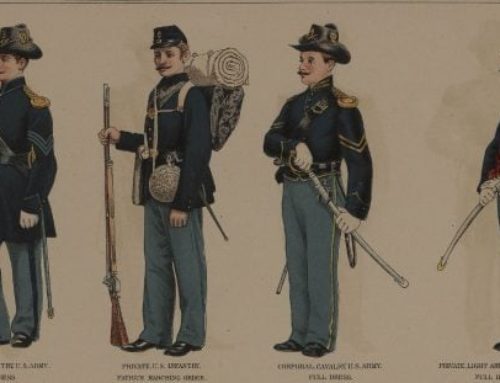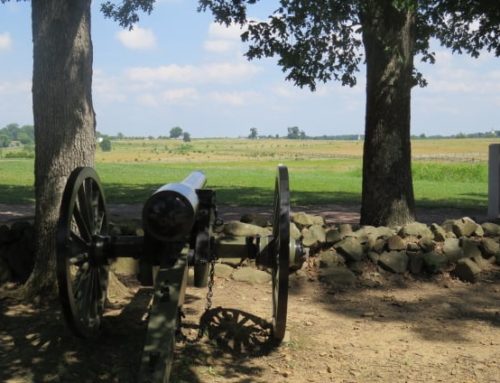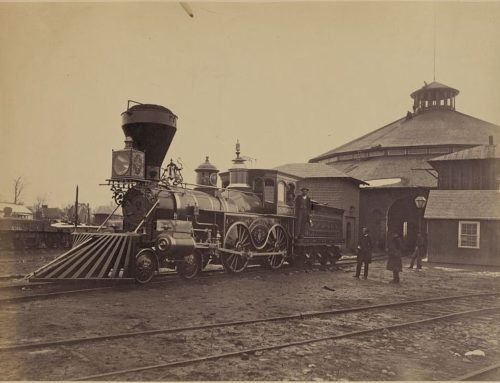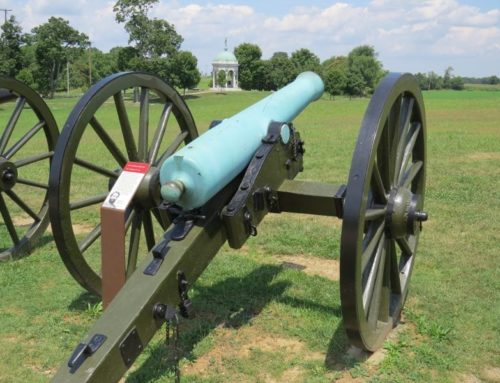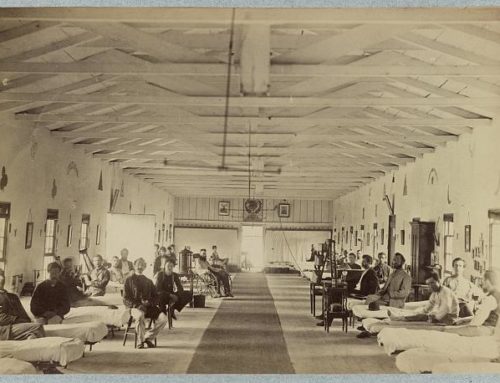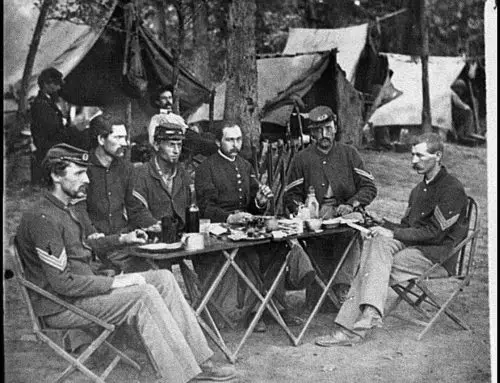(1824-1863)
Stonewall Jackson is one of the most famous Civil War generals, second only to Robert E. Lee in popularity. The military career of Jackson is seen as one of the most gifted instances of tactical operations in the course of the Civil War.
One battle in particular is studied not only in the United States but also worldwide for it’s sheer brilliancy.
The Valley Campaign with Jackson’s envelopment of the Union Army right wing is one of the most effective instances of Jackson’s career. He also demonstrated his eternal grit and earned his famous nickname, “Stonewall” while fighting at the first battle of Bull Run.
The important battles of Antietam and Fredericksburg were pivotal in the Confederates war effort and showed Lee that Jackson was a leader with exceptional range.
Born in Virginia in 1824, Jackson was the third child born in his family. His father saw the promise in him very early and sent him away so that he could have a better chance at a fine education.
He was appointed to West Point when upon graduation in 1846; Jackson enlisted to fight in The Mexican War. After his service in the war with Mexico, Jackson signed on as a professor at Virginia Military Institute in 1851. Though his cadets at V.M.I. considered him strange, Jackson left an indelible imprint on every student he taught. The cadets called him “Old Blue Light” for the color of his steely eyes.
When the war erupted, Jackson was commissioned a colonel in the Virginia Army and sent to Harpers Ferry to help recruit soldiers for the fight ahead. The first battle of Bull Run displayed Jackson’s tenacity as a leader and determination as a soldier.
He received high marks by Lee for this battle and was then sent to command the Valley. By winning key battles at front Royal, 1st Winchester and Cross Keys, Jackson proved invaluable to the Confederate army. Another brilliant maneuver was at Chancellorsville when Stonewall Jackson directed his corps around the flank of the Union forces. This cunning maneuver allowed Jackson and his division the opportunity to engage and rout the 11th Corps of the Union forces.
In a strange twist of irony, Jackson was shot in the arm by his own men during the battle of Chancellorsville and subsequently had to have his left arm amputated. After the amputation Lee referred to the loss of the appendage as akin to him losing his right arm. This showing of respect and admiration for Jackson by such a venerable general highlighted a rather dark area of Jackson’s life.
Eight days after being wounded he died from complications (pneumonia) resulting from the operation. He was laid to rest May 12th 1863 in Lexington, Virginia. The Confederate cause and the war itself, took a toll from the devastating loss of such a fine commander. Many speak of the loss of Jackson as a pivotal point in the war and eventual Union victory.





